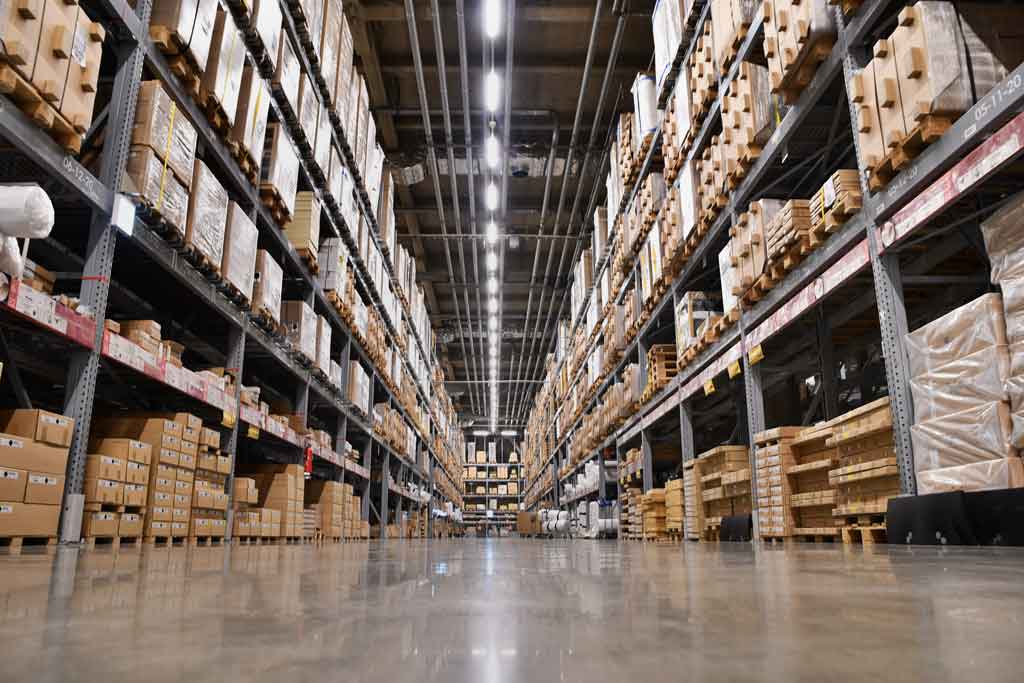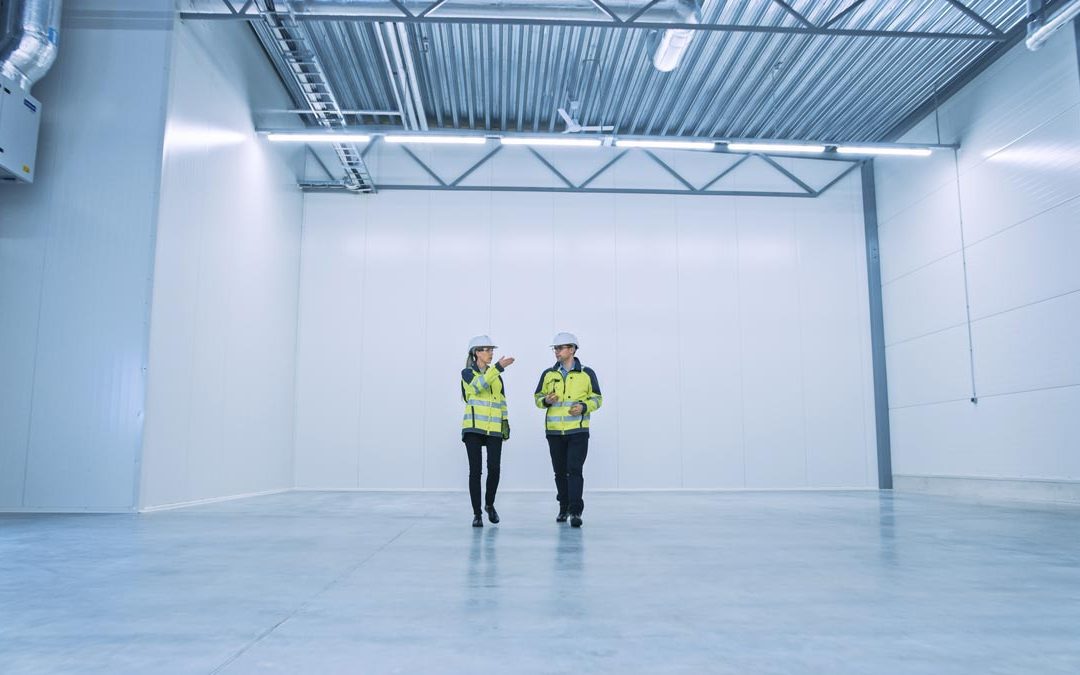Here, we’ll explore the importance of slip-resistant floors, the materials that provide the best protection, and the standards that guide safe floor surfaces across industries.
Why Slip-Resistant Flooring Matters
Slip and fall accidents are a common workplace hazard, leading to injuries that could have been easily avoided with the right flooring solution. Industries such as food service, healthcare, manufacturing, and retail require flooring that balances durability with safety.
A slip-resistant floor is designed to provide traction in both dry and wet conditions, reducing the risk of accidents in high-traffic areas.
Key Benefits of Slip-Resistant Flooring:
- Enhanced Safety: Slip-resistant flooring minimizes the likelihood of accidents in both wet and dry environments.
- Compliance: Many industries have specific floor slip resistance standards to ensure safe working conditions.
- Durability: These floors are often designed to withstand high traffic and harsh conditions, making them long-lasting.
Top Slip-Resistant Flooring Materials
Choosing the right material for your slip-resistant flooring depends on your industry’s specific needs. Different materials offer varying levels of slip resistance, durability, and ease of maintenance. Below are some of the top choices for industries prioritizing safety.

Slip-Resistant Epoxy Flooring
Slip-resistant epoxy flooring is one of the most popular choices for industries that require high durability and safety. Epoxy flooring is not only resistant to chemicals and wear but can also be customized with slip-resistant textures to enhance traction.
- Durability: Epoxy floors are incredibly tough and long-lasting.
- Customizable: Slip-resistant features can be added during the coating process.
- Ideal Industries: Common in manufacturing plants, warehouses, and commercial kitchens.
Concrete Floors with Slip-Resistant Coatings
Concrete floors are widely used in industrial and commercial settings due to their durability and low maintenance. Adding a slip-resistant coating to concrete floors significantly improves safety without compromising strength.
- Durability: Concrete floors are nearly indestructible when maintained properly.
- Slip Resistance: Coated concrete floors offer excellent slip resistance in areas prone to spills.
- Ideal Industries: Common in manufacturing, warehousing, and food production.
Floor Slip Resistance Standards and Test Methods
Floor safety is regulated by industry-specific standards that ensure flooring materials meet the required safety levels. Several floor slip resistance standards exist to measure the slip-resistant properties of various materials. These standards ensure that floors provide sufficient traction to reduce the risk of accidents.
Common Slip Resistance Test Methods:
- Pendulum Test: Measures the friction of a wet or dry floor surface.
- Ramp Test: Assesses slip resistance by using an incline to simulate walking on a floor in real-life conditions.
- Surface Roughness Test: Examines the texture of the flooring to determine slip resistance.
Meeting these safety standards is crucial for industries to comply with regulations and protect their employees and customers.
Reducing Slip and Fall Accidents with Proper Flooring
The right flooring can help reduce the frequency of slip and fall accidents, which are a leading cause of workplace injuries. By choosing a material that is both durable and slip-resistant, businesses can create a safer environment. This is particularly important in industries where wet conditions or hazardous materials increase the risk of slips.
How Slip-Resistant Floors Prevent Accidents:
- Increased Traction: Slip-resistant floors provide better grip, even in wet or greasy conditions.
- Durability: These floors are built to last, even under heavy traffic and exposure to harsh conditions.
- Customizable: Many slip-resistant floors can be tailored to specific needs, whether through texture or coating.
Meeting Safety Standards with Coated Floors
Coated floors provide an additional layer of protection in industries where floor surfaces need to be both durable and slip resistant. These coatings can be applied to a variety of surfaces, including concrete floors and ceramic tile, to enhance safety. Slip-resistant coatings are often tested against floor slip resistance standards to ensure compliance.
The Bottom Line
In any industry, slip-resistant flooring is essential for maintaining safety and preventing accidents. From epoxy flooring slip-resistant solutions to concrete floors with slip-resistant coatings, there are plenty of options that offer both durability and protection. By choosing the right slip-resistant floor and adhering to safety standards, businesses can create a safer environment for employees and customers alike. Whether you’re working in a commercial kitchen, a retail space, or an industrial warehouse, investing in slip-resistant flooring is a step toward reducing slip and fall accidents and improving overall safety.

